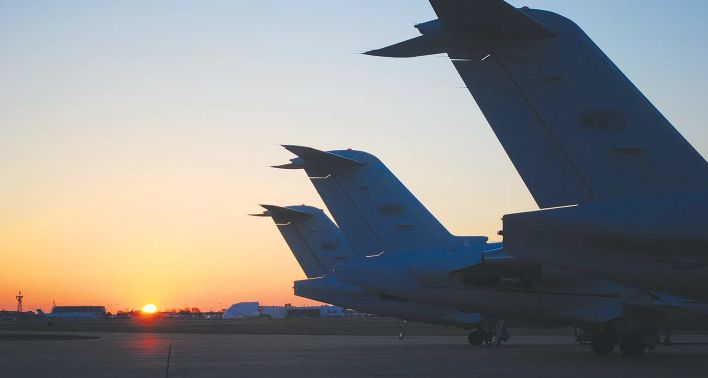What The Floppy? FAA Details Ancient Tech In Bid To Modernize Air Traffic Control
For years, the thought of our skies being managed by technology nearly as old as some of the pilots flying through them has been a source of both amusement and significant concern. Air traffic controllers have relied on paper strips for flight information and, astonishingly, floppy disks to transfer critical data between computers still running Windows 95. This technological time warp, while on one hand is a testament to the longevity of these systems, has also created substantial vulnerabilities, inefficiency, and mounting maintenance costs. A 2023 FAA assessment found that over a third of the nation's air traffic control systems were "unsustainable," with some already experiencing failures.
Acting FAA Administrator Chris Rocheleau minced no words when addressing the House Appropriations Committee, stating, "The whole idea is to replace the system. No more floppy disks or paper strips." Transportation Secretary Sean Duffy echoed this sentiment, emphasizing the bipartisan support for the overhaul and its critical importance to national infrastructure and security.

The challenges, however, are immense. Upgrading an air traffic control system isn't simply a matter of plugging in new computers. These systems operate 24/7, demanding seamless transitions with zero downtime. Moreover, any new infrastructure must also be ironclad against cyberattacks, as a breach could have catastrophic consequences. The cost, though not yet fully disclosed by the White House, is expected to be in the tens of billions of dollars.
Despite the hurdles, the FAA is forging ahead. The agency has already issued a Request for Information (RFI) to gather proposals from technology companies and plans "Industry Days" for companies to showcase their solutions. While Secretary Duffy aims for a four-year completion timeline, industry experts caution that this may be overly optimistic given the complexity and scale of the undertaking.
Tried-and-true tech like floppy disks and Window 95 aren't unique to just FAA operations, though. Thanks to their generally robust nature, up until recently, they've also been used at Chuck E. Cheese locations and by the San Francisco Municipal Transportation Agency’s (SFMTA) train system.

